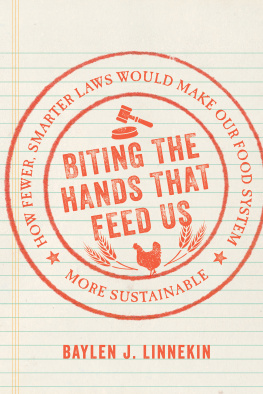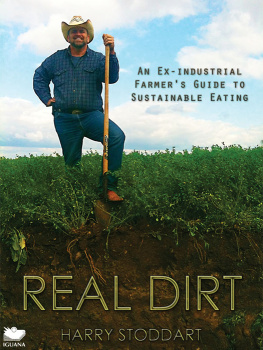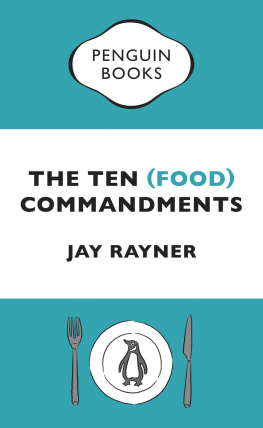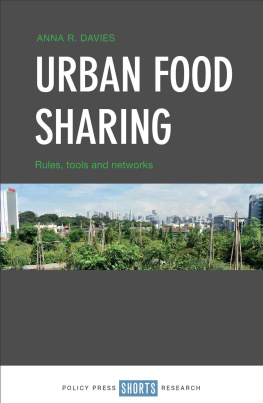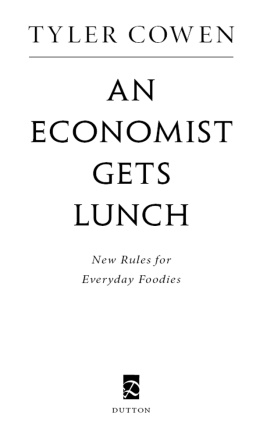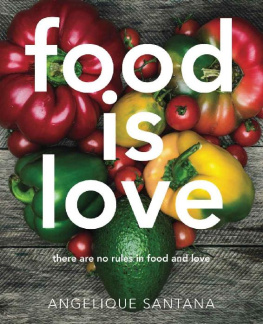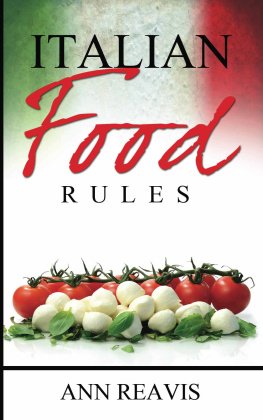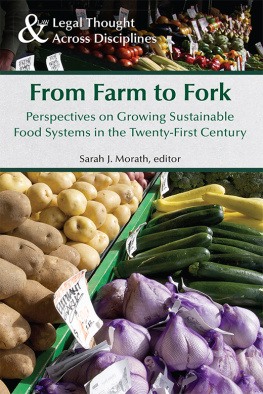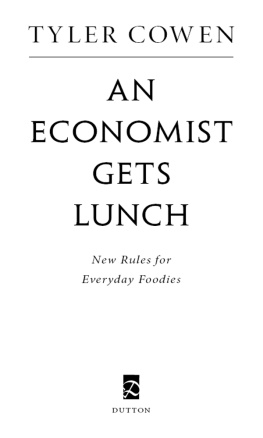Introduction
Chef Mark DeNittis was a rising star in the Denver food community early in 2012. His artisanal salumeria, Il Mondo Vecchio, was still relatively new to the scene, but was already one of the hottest and most respected food businesses in the state.
With a partner, DeNittis had founded Il Mondo Vecchio as a tribute to the principles, traditions, and recipes he learned while growing up as a first generation Italian-American. The homage was explicit; Il Mondo Vecchio translates to The Old World. As a traditional salumeria, Il Mondo Vecchio produced and sold a rich variety of Italian sausages and aged meats. Its products contained no artificial ingredients. In fact, the ingredient list was short on words. Sea salt, meat, quality spices, and time, DeNittis told me in 2012.
Those hands worked magic. A Denver Post profile of Il Mondo Vecchio raved that its products had helped make Denver a special place for Old World meats. Reviewers referred to Il Mondo Vecchio as Denvers premier supplier of cured meats. Bravo, the television network thats home to Top Chef, called DeNittis the Sausage King.
But it wasnt just its artisanal methods that set Il Mondo Vecchio apart. The company also sourced the ingredients that went into its products with the utmost care. Its salt came from an ancient seabed in nearby Utah. It sourced heritage pork from Boulders Cure Organic Farm, a family business that also raises over one hundred types of certified- organic vegetables. Cure Farm markets its produce only within fifty miles of the farm and uses biodynamic methods ... to maintain and encourage natural diversity.
It was difficult not to be impressed by Il Mondo Vecchio. I think it would be hard to find a better example of a traditional, conscientious, sustainable, and local producer than Il Mondo Vecchio, I wrote in 2012. Il Mondo Vecchio expanded its facilities thanks to growing demand for its products. DeNittiss partner launched a retail store to expand the business further.
But by Thanksgiving 2012, DeNittis was out of a job, forced to close Il Mondo Vecchio. What had changed so quickly? Had demand plummeted? Had everyone in Denver suddenly become vegetarian?
Hardly. Instead, the government had come calling. The USDA, which inspects facilities such as Il Mondo Vecchio, told DeNittis he could no longer use those award-winning artisanal methods to make his salumi. USDA inspectors, who had always been present when food was being prepared, now claimed Il Mondo Vecchios food was unsafe. The agencys decision came as a shock to DeNittis, he told me. Il Mondo Vecchios website boasted that the company adhered to Old World techniques of natural process while following New World regulations. USDA regulators and inspectors had always agreed. Always.
To say Mark DeNittis is a stickler for food safety would be putting it far too lightly. An independent lab tested every batch of food Il Mondo Vecchio produced for pathogens. The company kept diligent records of its testing. DeNittis had followed the USDA rules to the letter. Hed tested and tested and always passed those tests with flying colors. So what happened?
The USDA decided, arbitrarily, that Il Mondo Vecchios production methods were no longer sufficient. The agency imposed on the company additional requirements designed to prevent pathogens such as salmonella from growing. Those new requirements meant Il Mondo Vecchio would have to add nitrates or nitritesfood preservativesduring the salumi-making process. Most dried meats today contain nitrates, nitrites, or both. These substances occur naturally in many places, including some green vegetables. Plenty of artisanal producers and commercial manufacturers alike use them. Culinary giants such as Michael Ruhlman cheer their use. But Il Mondo Vecchio wasnt in business to sell most dried meats, and it was different from plenty of other artisanal producers. Just as using only heritage-breed pork from Cure Farms and sea salt from Utah were conscious decisions that were key to the mission of Il Mondo Vecchio, so too was the choice not to use nitrates or nitrites.
The USDA was now enforcing rules different from the ones DeNittis had followed diligently. Would a government agency just change its mind like that? It sounds ludicrous. There had to be more to the story, didnt there? There must have been some illness or bacteria or other food-safety demons lurking amid the sausage casings.
To be clear, had USDA inspectors found that harmful bacteria such as salmonella were present, then it would have made sense for the agency to shut down Il Mondo Vecchio until it cleaned up its act. Had its products sickened anyone, the USDAs actions would have been eminently reasonable. But neither of these things had happened. Ever. That wouldnt surprise anyone who knows DeNittis or his work. His products met the There, DeNittis oversaw the schools curriculum for butchering meata curriculum heavy on food safety. He served as a consultant to national groups such as the American Lamb Board. DeNittis had earned his chopsquite literally so. And only then did he leave his job at Johnson & Wales to open Il Mondo Vecchio.
Although he stressed Old World methods, DeNittis recognized that relying on tradition alone is no guarantee of quality. Ancient methods are no good if those methods sicken people. So DeNittiss attention to food safety was exacting and thoroughly modern. Photos of the artisan at work call to mind a germophobic government scientistclad in a blue safety helmet, donning medical gloves and a mask, posing in front of gleaming stainless steel racks full of neatly organized, aging salumi.
How seriously did DeNittis take food safety at Il Mondo Vecchio? In addition to constant USDA inspection, Il Mondo Vecchio also established and executed a holistic food-safety regime. It had in place a requisite USDA Hazard Analysis and Critical Control Point (HACCP) program, followed Standard Sanitation Operation Procedures, implemented a Food Safety/Quality Assurance program, conducted regular food-safety audits and facilities inspections, followed Good Manufacturing Practices, carried out regular food-safety training, implemented an allergen control plan, and had all its labels preapproved by the USDA. Such was the care Il Mondo Vecchio and DeNittis took to ensure their salumi was safe. But none of that mattered now.
In August 2012, according to DeNittis, a USDA inspector told him that though no test had found salmonella in Il Mondo Vecchios foods, the agency was concerned with the process and steps he was taking to In other words, the problem, in the USDAs estimation, wasnt that Il Mondo Vecchios food contained any pathogens. It didnt. Instead, the agency was worried that Il Mondo Vecchio wasnt following a process the agency was now deciding to enforce. When the inspector returned with a regional USDA director later that month, says DeNittis, they barred Il Mondo Vecchios perfectly safe, inspected food from being sold.
Even then, the USDA didnt come out and order Il Mondo Vecchio to close. Instead, the agency gave DeNittis a choice. He could continue to produce and sell salumi products under the Il Mondo Vecchio name. Hed just have to do so using processes (adding nitrates or nitrates) that were rare throughout much of the history of the Old World. To survive, Il Mondo Vecchio could keep its name, but it would have to use the methods of Il Mondo Nuovo. The only alternative was for the company to pay for a challenge study that, if successful, might force the USDA to go back to interpreting its rules as before. But challenge studies are time-consuming and costly, and have only a vague chance to succeed.

